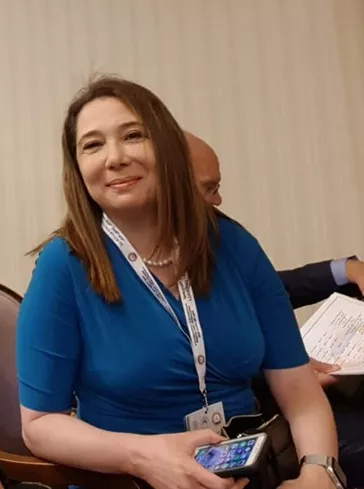"From women’s key role in the Arab Spring and other recent democratization uprisings across the region, to their demands to enter political decision-making positions, women are actively protesting their marginalization from the political sphere and demanding a voice in political processes.
Despite women’s outspokenness however, their presence in political parties, parliaments, and decision-making posts has remained smaller compared to any other region in the world. Through empirical research, this panel is interested in the experiences of women’s political activism and representation in the Middle East following the pro-democratic uprisings that swept across the region from 2009 to 2011.
Our papers examine both the dynamism and potential for change engendered in these uprisings and the entrenchment of durable structures of inequality and exclusion experienced by female political representatives and female constituents.
We examine the impact that women’s political participation and representation may have on constituents and respective publics. Taken together, the papers of this panel explore in-depth the contours of women's political participation and the making of female political leaders as well as the impacts on their constituents in cases from across the region. Through a survey of current regime activity, the papers highlight the key continuities and disruptions that play a role in the region's future for a long time to come. The papers argue that the revolutionary potential of these uprisings is still subject to pre-2012 structures of patriarchical legacies of representation such as wasta and dynastic heritages. Likewise, the papers argue that, despite the novelty of gender quota adoption in states such as Iraq, its sectarianism has resulted in dismal standing of political representation of women. Furthermore, the analyses of women’s bargaining for women’s increased levels of political representation in Iran and Turkey through a strategic framing of ‘gender justice’ highlights the need for women’s framing processes that find resonance with conservative male elites."


